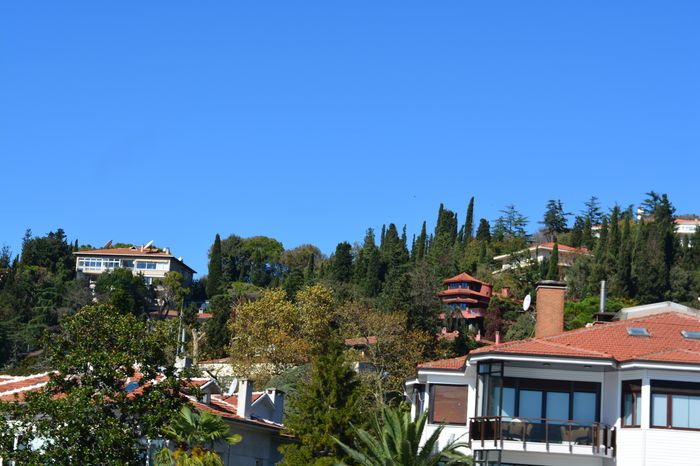But as soon as Justinian became Emperor, he stationed a customhouse at either strait, under two salaried officials, to whom he gave full power to collect as much money as they found possible. Eager to show their zeal, they made the mariners pay such tributes ‘on everything as pirates might have exacted. And this was done at both straits.
At Constantinople, he concocted the following scheme. He appointed one of his intimates, a Syrian named Addeus, in charge of the port, with orders to collect duty from the ships anchoring there. And he, accordingly, never allowed any of the vessels putting in to Constantinople to leave until their owners either paid clearance fees or submitted to taking a cargo for Libya or Italy. Some of the ship owners, however, refused to submit to this compulsion, preferring to burn their boats rather than sail at such a price; and considered themselves lucky to escape with this sacrifice. Those who had to continue sailing in order to live, on the other hand, charged merchants three times the former rate for carrying their wares: so that the merchants had to recoup these losses by selling their stuff to individual purchasers at a correspondingly high price, with the result that the Romans nearly died of starvation.
This was the state of affairs throughout the Empire.
Money changers had customarily
I must not omit, I suppose, mention of what the rulers did to the petty coinage. Formerly the money changers had customarily given two hundred and ten obols, or “folles,” for one gold stater; but Justinian and Theodora, as a scheme for their private profit, ordered that only one hundred and eighty obols should be given for a stater. In this way they clipped off one sixth of each gold coin possessed by the people.
By licensing monopolies of nearly all kinds of wares, these rulers daily oppressed the purchasers; the sale of clothes was the only thing they left untouched, and even in this case they contrived the following scheme. Cloaks of silk had long been made in Berytus and Tyre, in Phoenicia.
Merchants who dwelt in these, and all the artisans and workers connected with the trade, had settled there in early times, and from these cities this trade had spread throughout the earth. But during the reign of Justinian, those in this business at Constantinople and in the other cities, raised the price of these garments: claiming that the price for such stuffs had been raised by the Persians, and that the import duties to Roman territory were also higher.
Read More about Cities and Plundered






